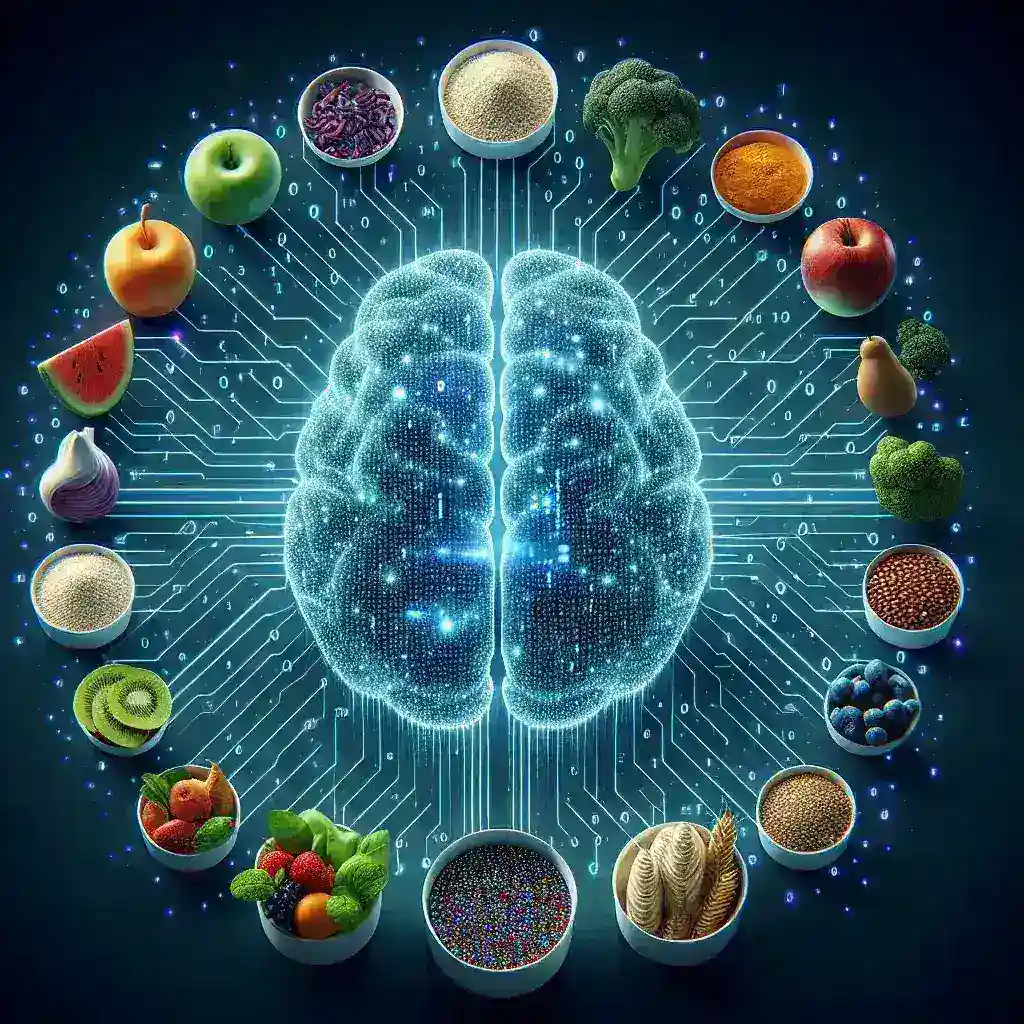Introduction
As we venture further into the digital age, the intersection of artificial intelligence (AI) and big data presents groundbreaking opportunities in various sectors, including healthcare and nutrition. The notion of personalized nutrition is gaining momentum, promising a dietary future where individual needs and preferences dictate nutritional advice and products. In this article, we will explore the future of personalized nutrition, focusing on how AI and big data are shaping this transformative landscape.
Understanding Personalized Nutrition
Personalized nutrition refers to tailored dietary recommendations designed to meet the specific needs, preferences, and biological makeup of individuals. Unlike conventional nutrition approaches, which often adopt a one-size-fits-all strategy, personalized nutrition accounts for factors such as:
- Genetic Makeup: Genetic variations can affect nutrient metabolism and dietary requirements.
- Microbiome Composition: The gut microbiome plays a vital role in digestion and overall health.
- Lifestyle Factors: Exercise habits, stress levels, and sleep patterns impact nutritional needs.
- Medical History: Pre-existing conditions or health concerns guide dietary choices.
The Role of AI in Nutrition
Artificial intelligence is redefining the way we approach nutrition by analyzing vast amounts of data to provide insights and recommendations. Here are a few ways AI is influencing personalized nutrition:
1. Data Analysis and Predictive Modeling
AI algorithms can process large datasets comprising dietary habits, health outcomes, and biometric data to draw meaningful conclusions. Predictive modeling allows for:
- Identifying personalized dietary patterns.
- Anticipating potential health issues based on current dietary choices.
- Recommending preventive measures and nutrition plans suited to individual profiles.
2. Meal Planning and Recipe Generation
AI-powered applications can assist users in meal planning by considering their dietary preferences, health conditions, and nutritional goals. This includes:
- Generating recipes tailored to nutritional requirements.
- Suggesting grocery lists based on personalized meal plans.
- Modifying existing recipes to enhance nutritional content.
3. Continuous Learning and Adaptation
AI systems can continuously learn from new data, user feedback, and emerging research. This adaptability ensures:
- Recommendations remain up-to-date with the latest scientific findings.
- Users receive personalized suggestions that evolve over time.
- AI enhances user engagement through dynamic interaction.
The Impact of Big Data on Nutrition
Big data encompasses vast datasets that can be analyzed to reveal patterns, trends, and correlations. In the context of personalized nutrition, big data plays a crucial role in:
1. Enhanced Research Opportunities
Researchers can leverage big data to conduct large-scale studies on nutrition effects across diverse populations. This can lead to:
- A better understanding of the relationships between diet and health outcomes.
- Identifying dietary trends based on demographic data.
- Establishing evidence-based guidelines for personalized nutrition.
2. Individual Health Insights
Big data tools can gather information from various sources, such as:
- Wearable health devices that track dietary intake and health metrics.
- Social media interactions that reflect dietary trends.
- Healthcare records that provide context for dietary recommendations.
This aggregation enables the development of comprehensive health insights tailored to individual lifestyles.
3. Real-time Feedback Mechanism
With the integration of big data, users can receive real-time feedback on their dietary choices. This can include:
- Tracking nutrient intake through mobile applications.
- Receiving alerts when dietary choices deviate from personalized goals.
- Encouraging adherence to nutrition plans through continuous monitoring.
Challenges in Personalized Nutrition with AI and Big Data
Despite the promising future of personalized nutrition, several challenges persist:
1. Data Privacy and Security
As personalized nutrition heavily relies on data, safeguarding user information is paramount. There is a risk of data breaches, leading to personal information being compromised. Ensuring robust data encryption and compliance with regulations like the General Data Protection Regulation (GDPR) is vital.
2. Information Overload
Users may encounter an overwhelming amount of information when utilizing multiple apps or platforms. This can lead to confusion and decision fatigue. Streamlined solutions that present clear, actionable insights are necessary for user engagement.
3. Communication of Recommendations
Communicating complex dietary recommendations in a user-friendly manner is essential. Users need to understand how to implement the suggestions into their daily lives. Simplifying language and providing relatable examples can foster compliance and understanding.
The Future of Personalized Nutrition
The future holds tremendous potential for personalized nutrition, driven by advancements in AI and big data. Here are some anticipated trends:
1. Integration of Wearables
Wearable technology will further enhance personalized nutrition by providing real-time health and activity data. This information will allow for:
- Monitoring energy expenditure and nutritional needs.
- Adjusting dietary recommendations based on activity levels.
- Promoting healthier choices through immediate feedback.
2. Virtual Nutrition Coaching
AI-driven virtual coaches will become more prevalent, offering personalized guidance through mobile applications. These coaches can provide:
- Dietary advice in real time based on user input.
- Motivational support to help users adhere to their personalized plans.
- Educational resources to improve nutritional literacy.
3. Increased Collaboration in Healthcare
The integration of personalized nutrition within healthcare settings will lead to more collaborative approaches. Healthcare professionals will work alongside nutritionists and AI systems to:
- Create comprehensive health strategies for patients.
- Incorporate nutrition into chronic disease management.
- Enhance patient outcomes through tailored dietary interventions.
Conclusion
The convergence of AI and big data is revolutionizing the field of personalized nutrition, offering unprecedented opportunities for individuals to receive dietary advice tailored to their unique needs. While challenges remain, the evolution of technology promises to enhance our understanding of nutrition and health, leading to a healthier future for all. Embracing this data-driven approach may ultimately empower individuals to make informed dietary choices, improving their well-being and quality of life.

